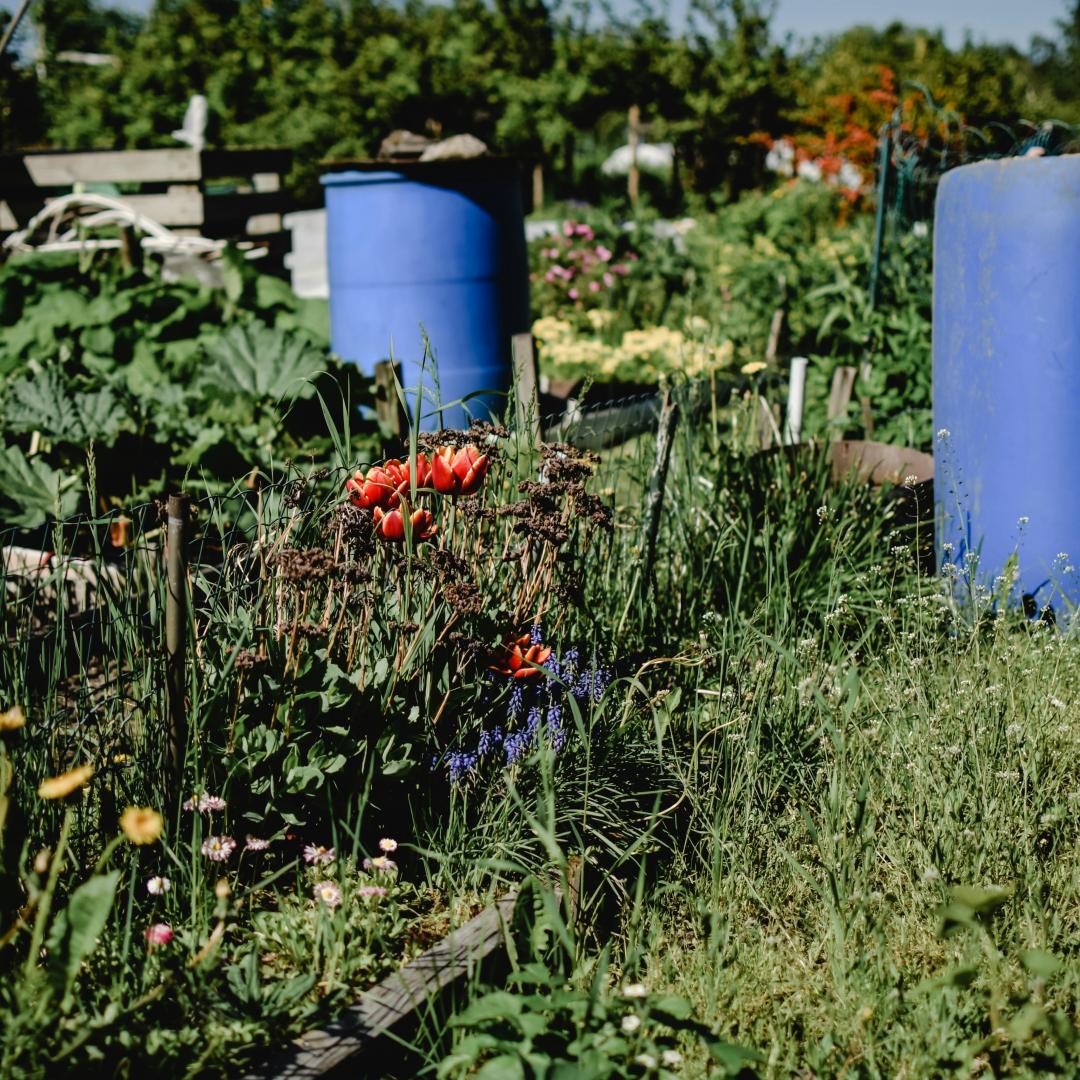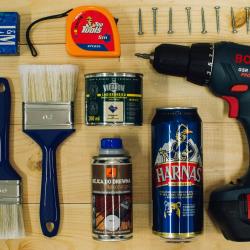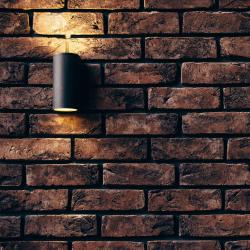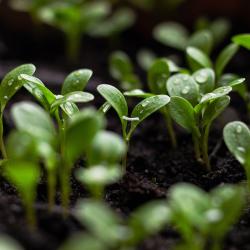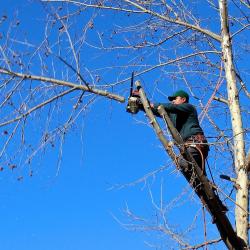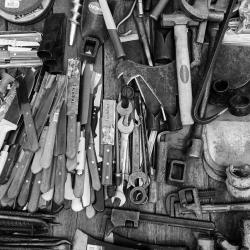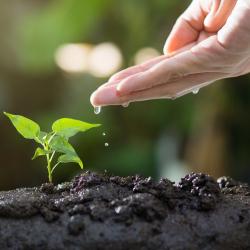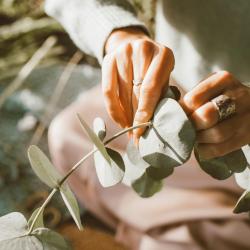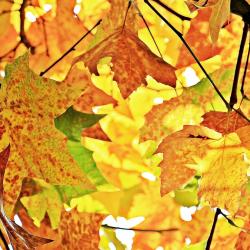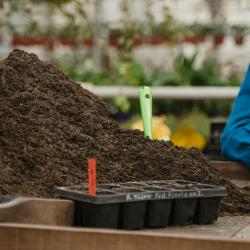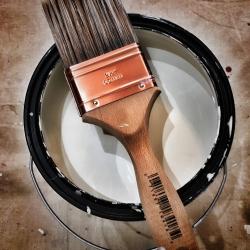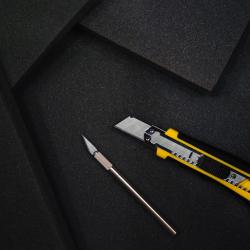DIY Garden Projects for Beginners
Gardening is a delightful way to connect with nature, bring beauty into your surroundings, and perhaps even cultivate some fresh food for your table. If you're new to gardening, starting with simple, engaging projects can lay the foundation for a lifelong passion. Here, we explore several DIY garden projects that are perfect for beginners. These projects are not only easy to accomplish but also incredibly rewarding as you witness the fruits (or vegetables) of your labor.
1. Container Herb Garden
One of the most beginner-friendly garden projects is creating a container herb garden. Herbs like basil, mint, and rosemary are forgiving and easy to grow in small spaces. All you need are a few pots, quality potting soil, and some seeds or small plants from a nursery.
Steps:
- Select containers with good drainage.
- Fill them with potting soil, leaving a little space at the top.
- Plant your chosen herbs according to their specific spacing needs.
- Place the containers in a sunny spot and water regularly.
Not only will a container herb garden offer fresh flavors for your kitchen, but the fragrance and greenery can enhance any living space.
2. Vertical Pallet Garden
If you're short on space, a vertical pallet garden can maximize your planting area by using vertical space. This project is ideal for growing flowers or small vegetables.
Materials Needed:
- Wooden pallet (safe for planting)
- Landscape fabric
- Staple gun
- Potting soil
- Selection of plants or seeds
Steps:
- Cover the back and sides of the pallet with landscape fabric, securing it with a staple gun.
- Lay the pallet flat and fill it with potting soil.
- Plant in the gaps between slats, considering each plant’s light and water requirements.
- Carefully stand the pallet up and place it against a wall in your garden or on a balcony.
Make sure to water regularly, as the elevated position can cause the soil to dry out faster than ground-level gardens.
3. DIY Bird Feeder
Inviting birds into your garden can help with pest control and increase the biodiversity of your outdoor area. Making a DIY bird feeder is a project that even children can help with.
Materials Needed:
- Pine cone or empty toilet paper roll
- Peanut butter or honey
- Birdseed
- String
Steps:
- Spread peanut butter or honey all over the pine cone or toilet paper roll.
- Roll it in birdseed until fully covered.
- Tie a string at the top and hang it on a tree branch.
Soon, you’ll enjoy watching a variety of birds dine in your garden, adding movement and song to your outdoor space.
4. Simple Raised Bed
Raised bed gardens are perfect for beginners because they provide excellent drainage, reduce weed competition, and can be filled with quality soil, giving your plants the healthiest start possible.
Materials Needed:
- Untreated wood planks
- Screws
- Drill
- Cardboard or newspaper
- Soil mix (garden soil and compost)
Steps:
- Construct a simple wooden frame with the planks using the drill and screws.
- Place the frame in the desired location.
- Layer cardboard or newspaper at the bottom to suppress weeds.
- Fill with soil mix and plant your chosen plants.
Raised beds offer flexibility with location and are ideal for growing vegetables like lettuce, tomatoes, or peppers.
5. Compost Bin
Creating your own compost is an eco-friendly way to reduce waste and nourish your garden. Composting might sound complex, but starting your own compost bin can be straightforward and highly beneficial.
Materials Needed:
- Large plastic bin with lid
- Drill
- Organic waste (vegetable scraps, coffee grounds, etc.)
- Garden waste (leaves, grass clippings)
Steps:
- Drill holes all over the bin for aeration.
- Place organic and garden waste inside, balancing 'green' and 'brown' materials.
- Turn the compost regularly to speed up the decomposition process.
In a few months, you'll have rich compost ready to boost your garden's growth.
Conclusion
Beginning your gardening journey with these DIY projects can cultivate not just plants, but also your confidence and enthusiasm as a novice gardener. Starting small allows you to learn the basics and celebrate small victories. Remember, gardening is as much about the process as it is about the result. Happy gardening!
